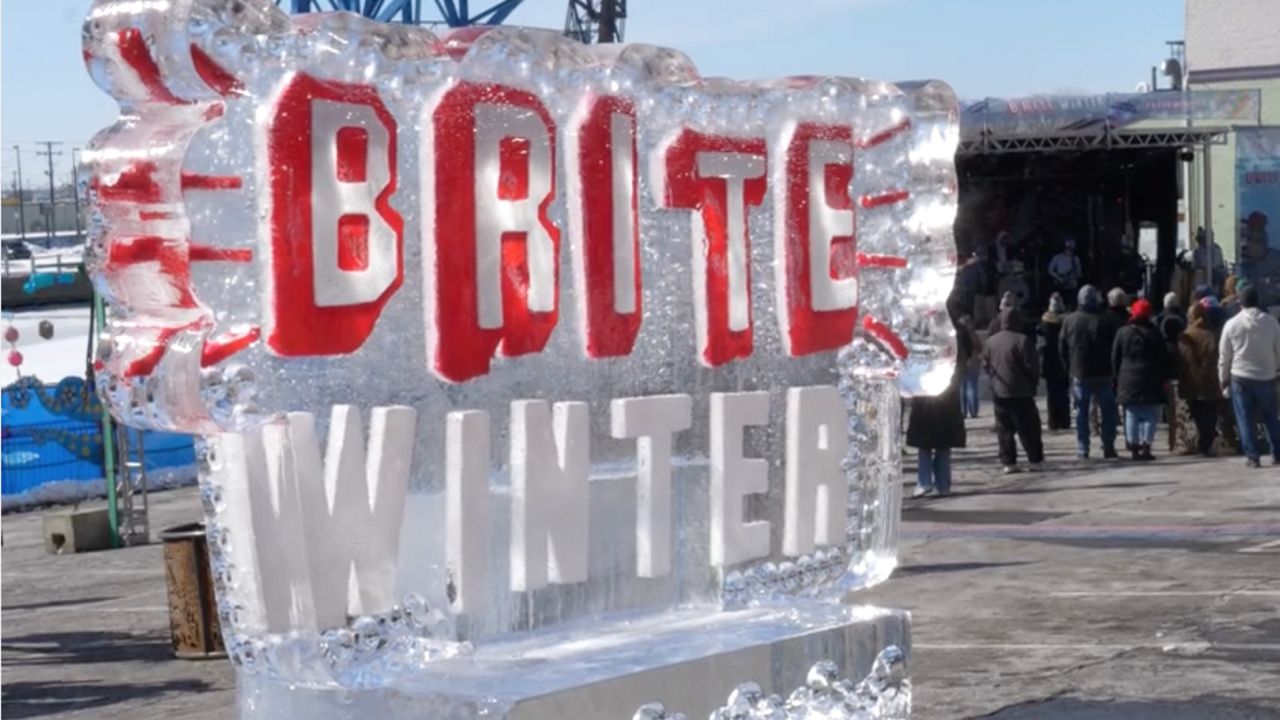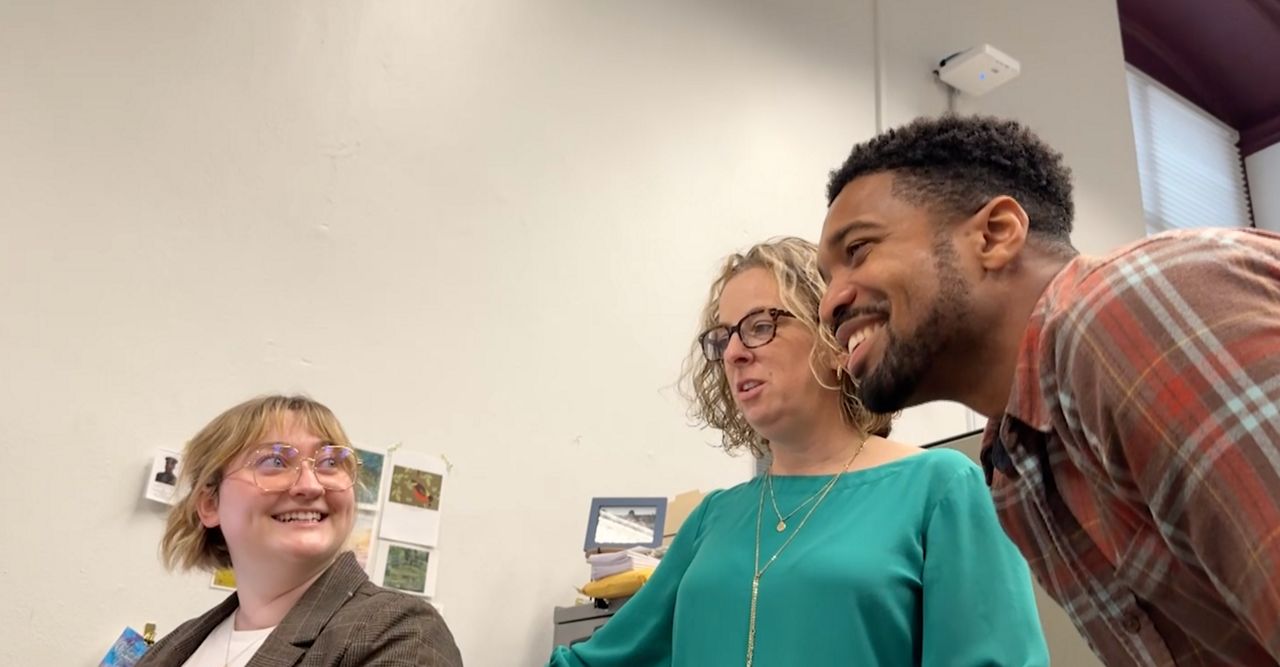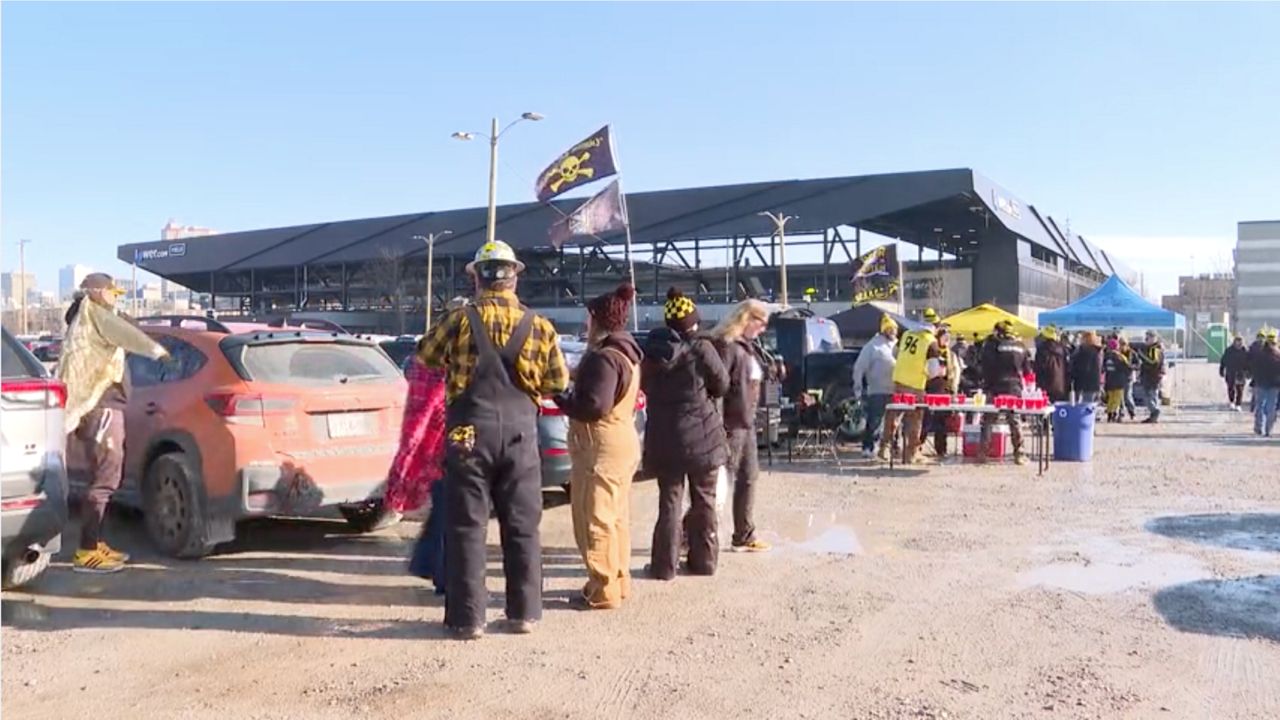CLEVELAND — The Rev. Dr. Martin Luther King Jr.’s influence was felt by communities across the country, including here in Ohio.
King visited Cleveland a number of times and spoke at Glenville High School in spring of 1967.
Robert Heard, a retired police officer and senior member of the Cleveland Board of Education, was a 16-year-old student listening from the gym’s upper balcony on the day Dr. King spoke.
“The room was dead silent,” Heard said. “You put 3,500 high school students in the same room and you figure you’d have trouble getting them to settle down, not the case at all. I’ve told people it was like Jesus was in the building.”
In April of 2023, the high school was added to Cleveland’s Civil Rights Trail to commemorate King’s speech, considered one of his most powerful by many.
“If we are going to achieve freedom,” King said in his speech. “We’ve got to engage in action programs to make that freedom possible. Let nobody fool you about this. Freedom is never voluntarily given to the oppressed by the oppressor. It must be demanded.”
At that point in King’s career, only about a year before his assassination, he had helped to secure voting rights for Black Americans and was focused getting people to the polls to elect Black leaders.
Soon after, former Cleveland mayor Carl Stokes was elected, making him the first Black mayor of any major city in the United States.
At Glenville, King also encouraged students to engage in non-violent activism.
“And it was a big deal because in the late 60s, especially in the Glenville area, we were experiencing a lot of social unrest,” Heard said.
Heard said he remembers riots breaking out in his neighborhood around that time.
According to the Cleveland Historical Society, Black residents in segregated neighborhoods like Hough and Glenville had long dealt with racial inequality and economic disparities.
Trust in Cleveland’s local government and police force was low.
“So that was the timeframe I was growing up in and later, after ’67, we see Martin Luther King killed,” Heard said. “We see Kennedy killed. We saw both the Kennedys killed. Malcom X killed. So you really were unsure of the future of your city.”
Heard said things have changed since then but aren’t necessarily better.
“Drug problems, poverty,” he said. “Unfortunately, so many of our students here in Cleveland struggle with those same issues today.”
He said much of what King said to students at Glenville back then is still applicable today.









